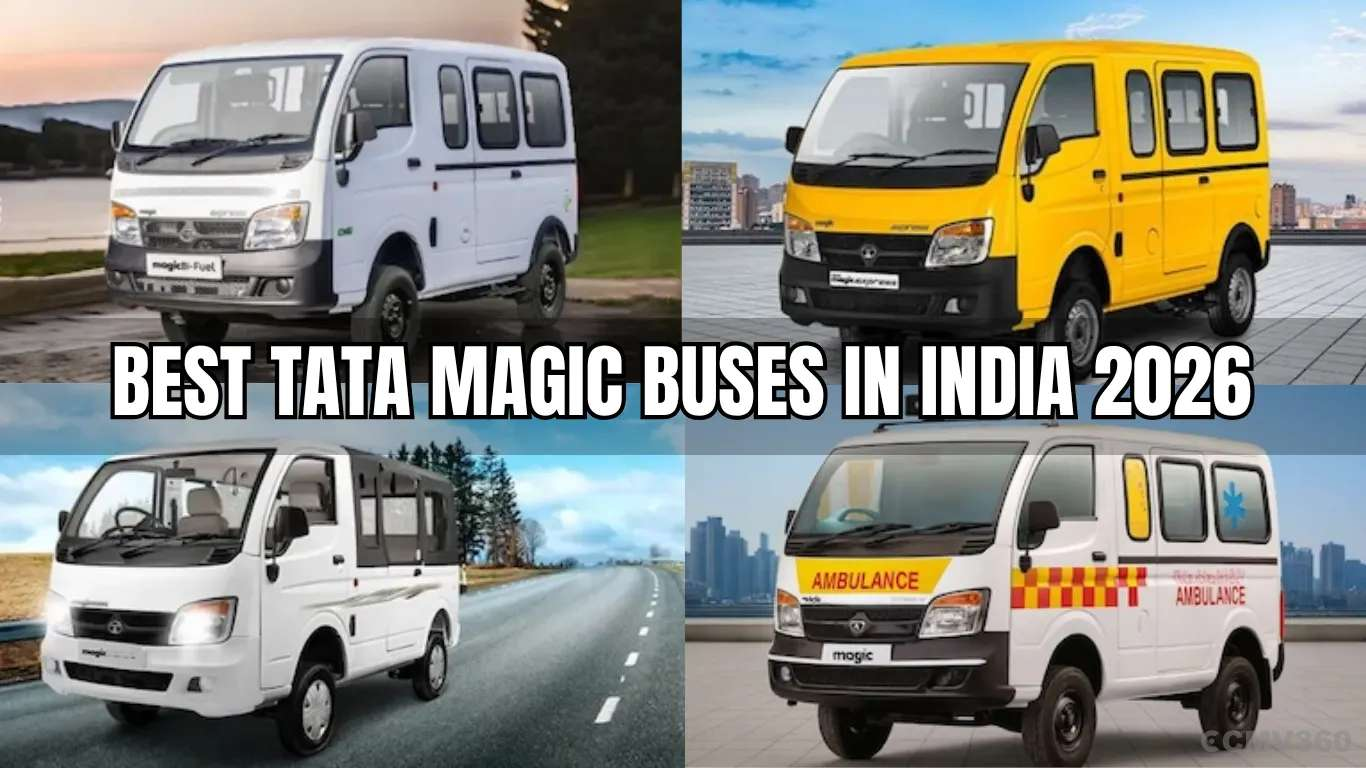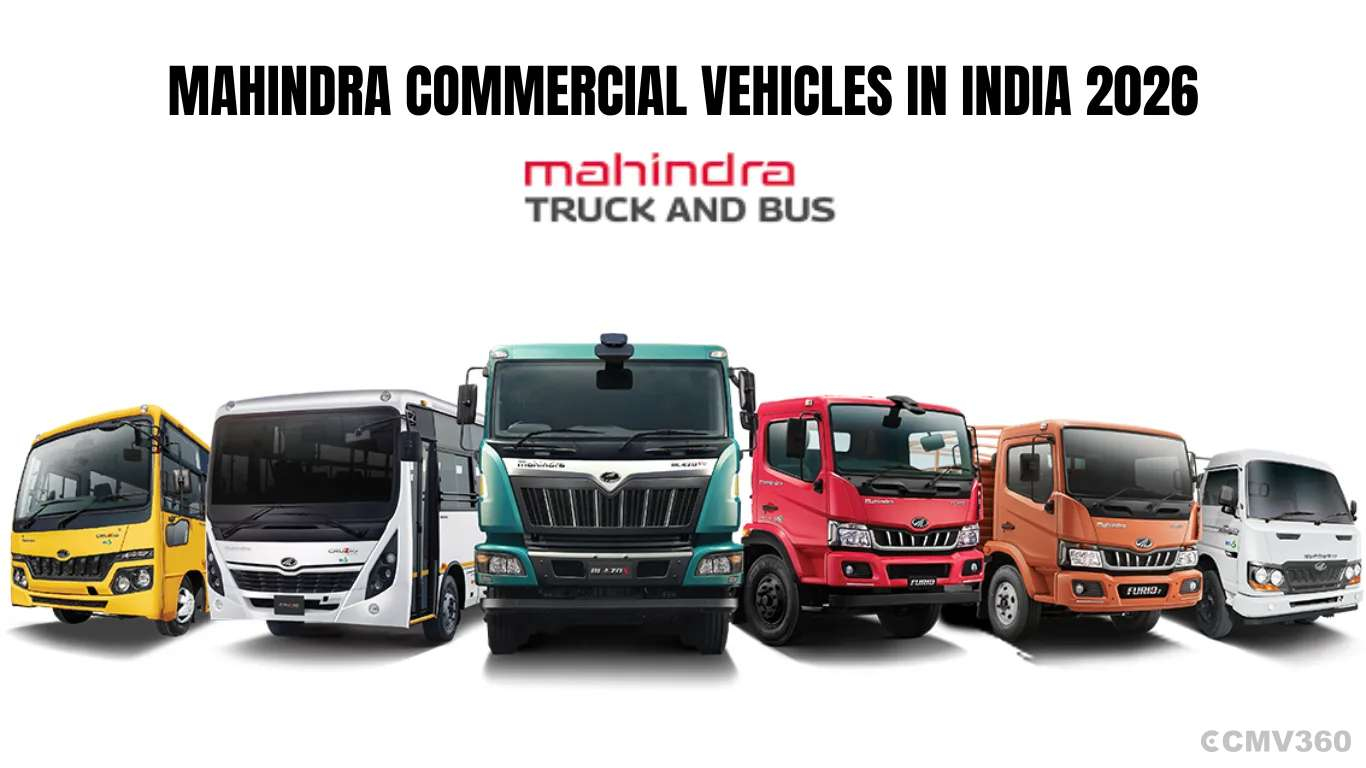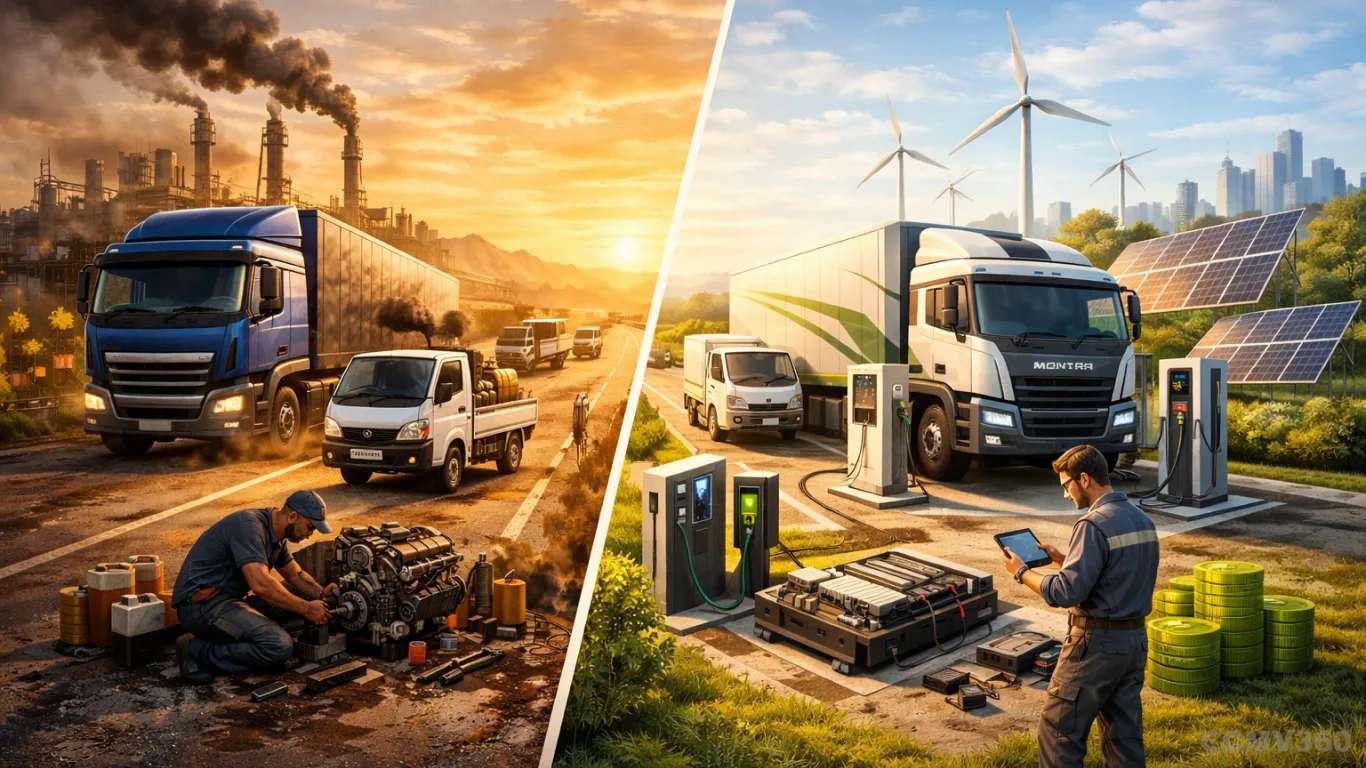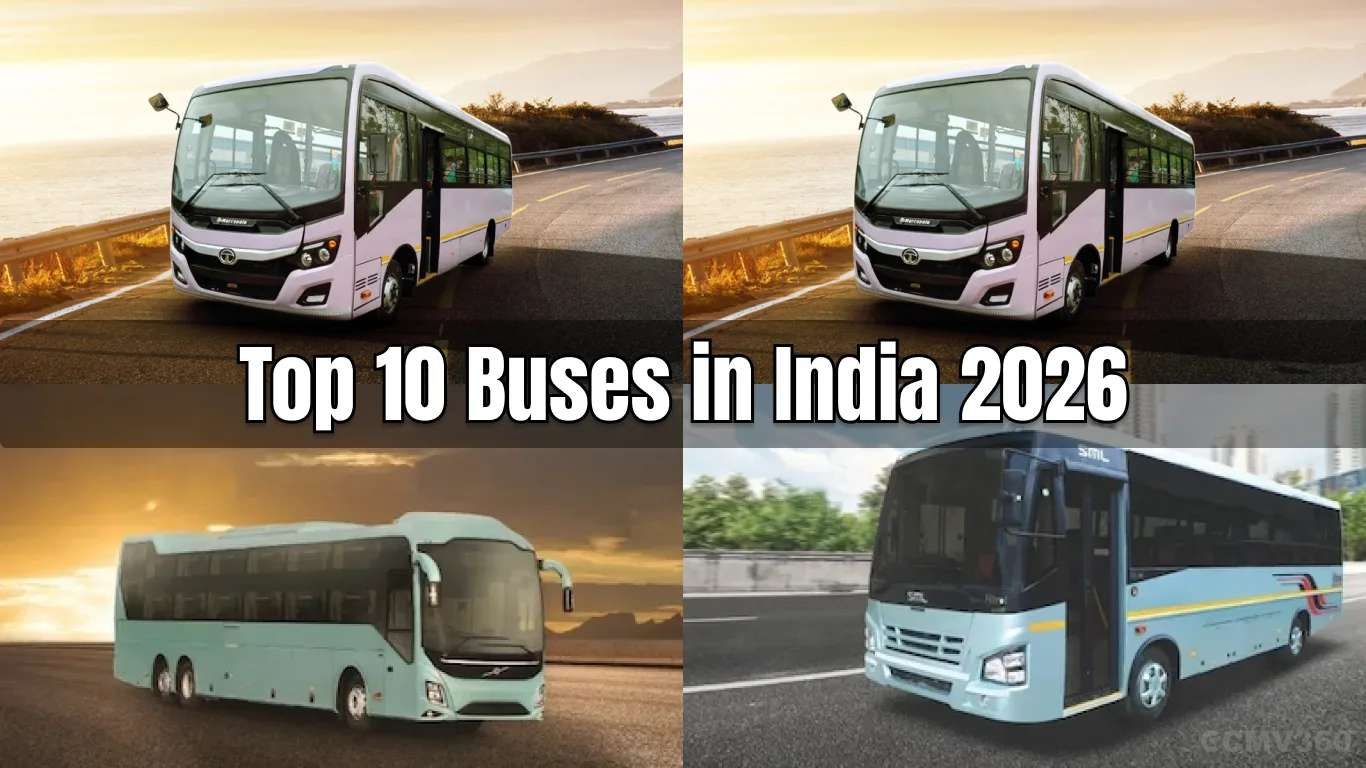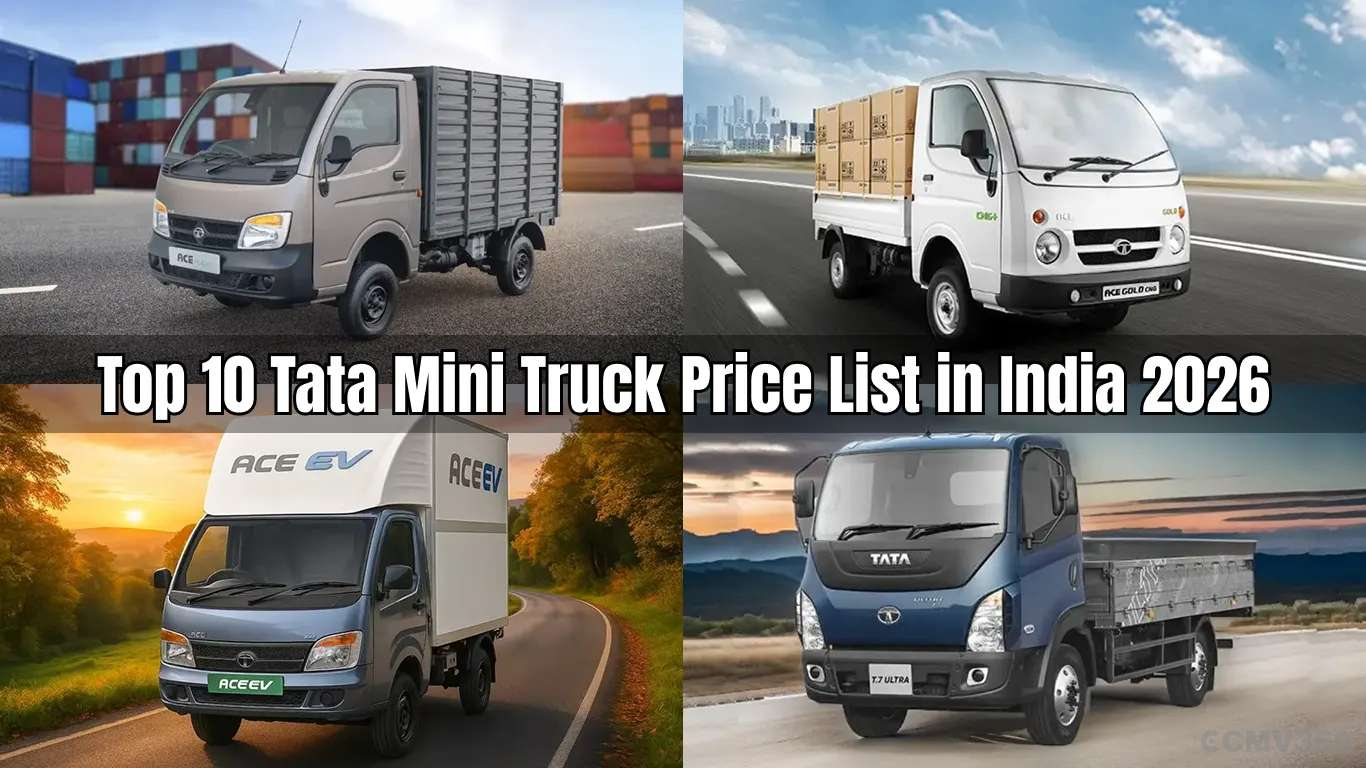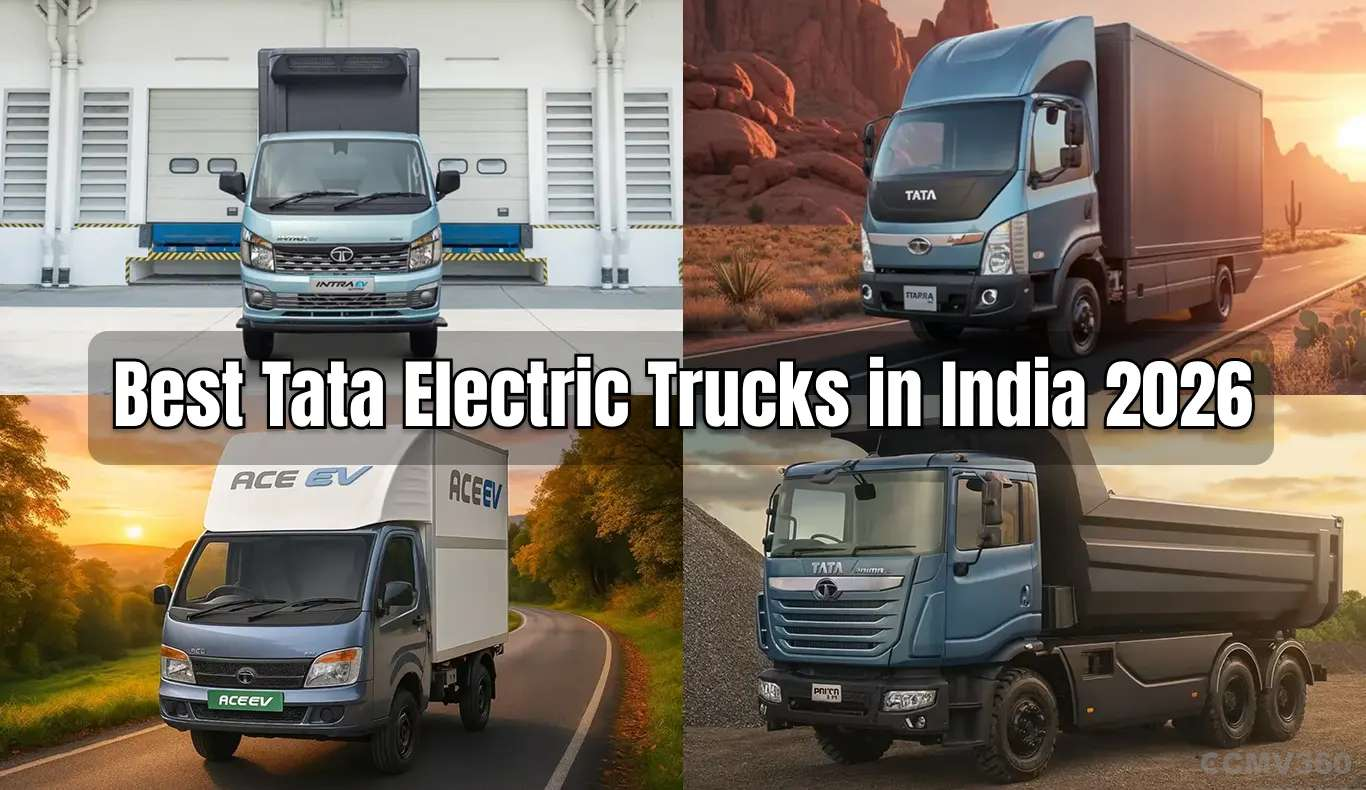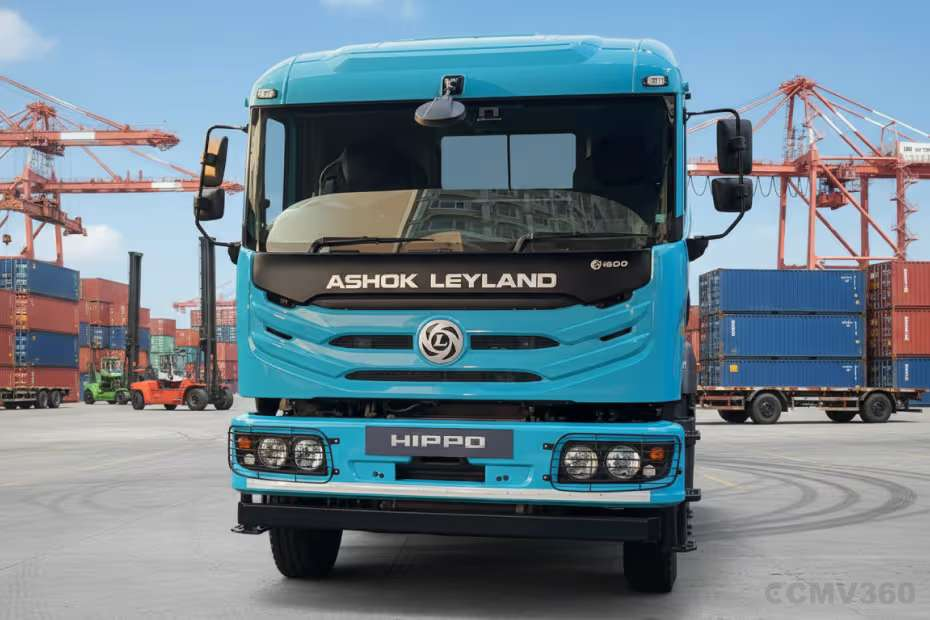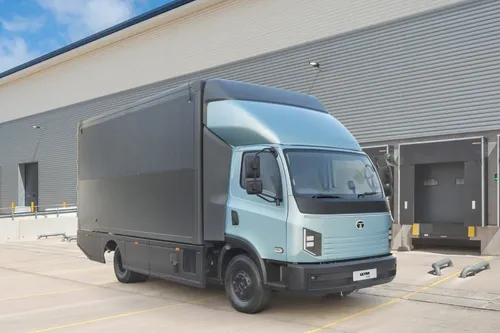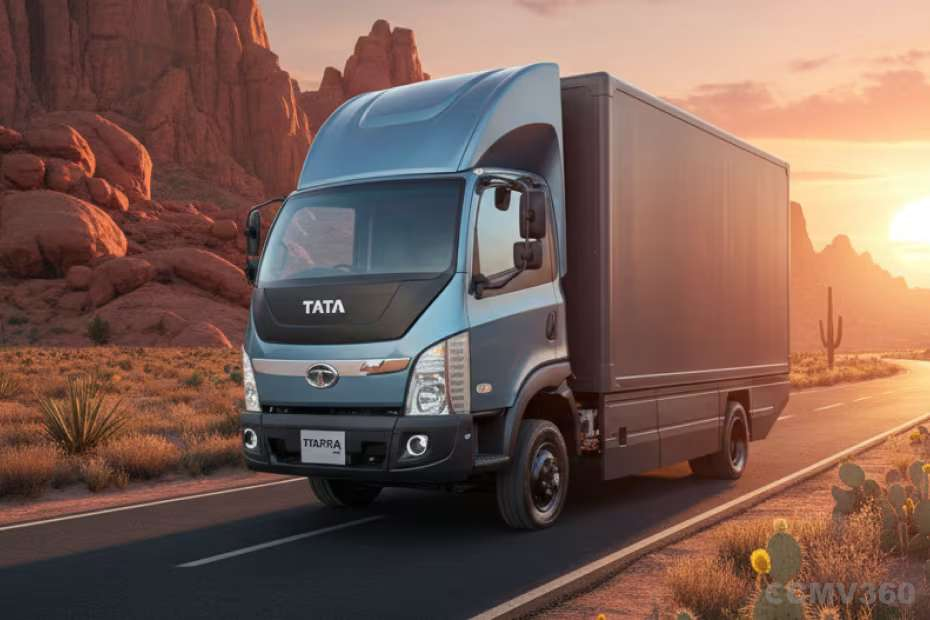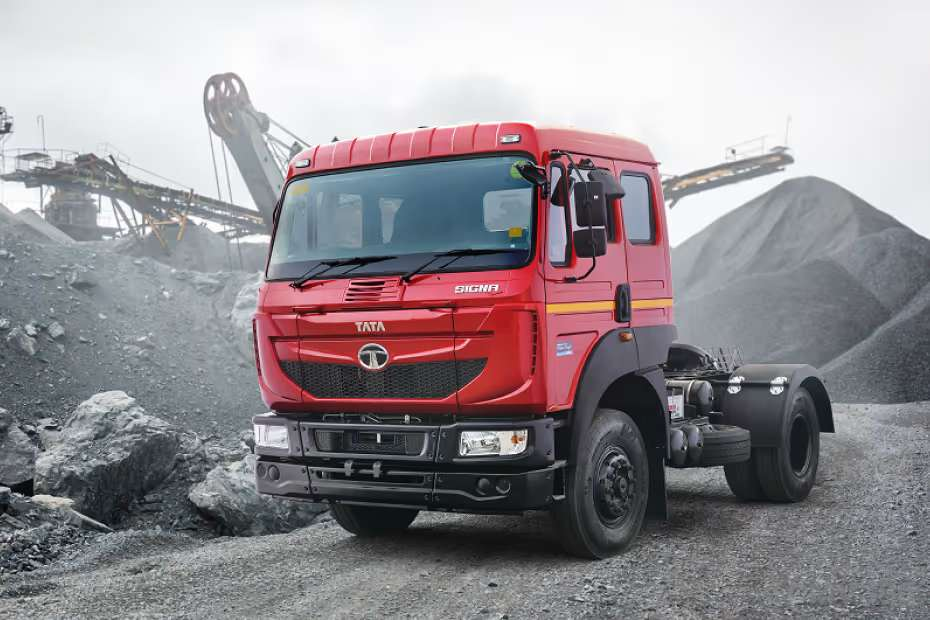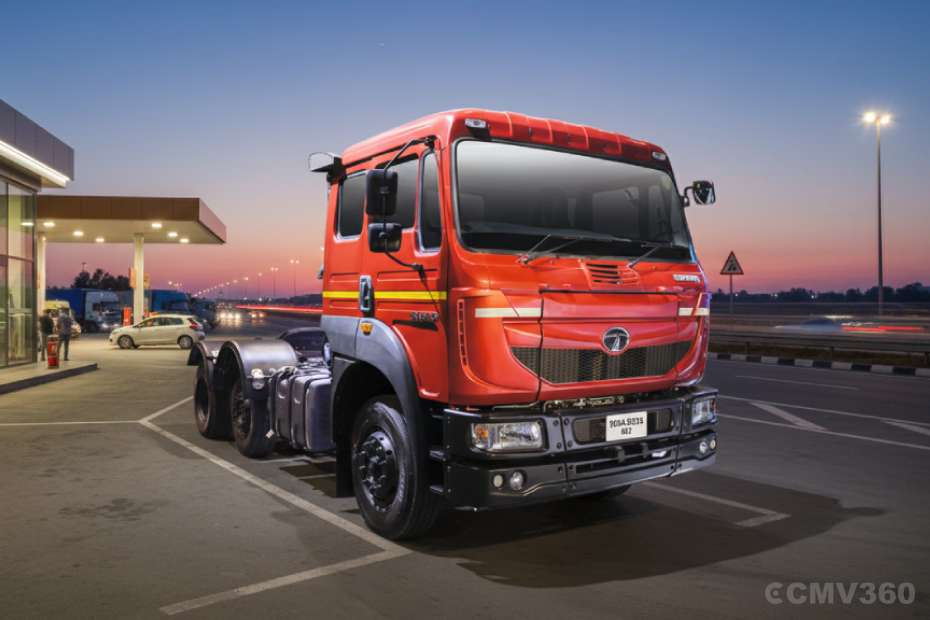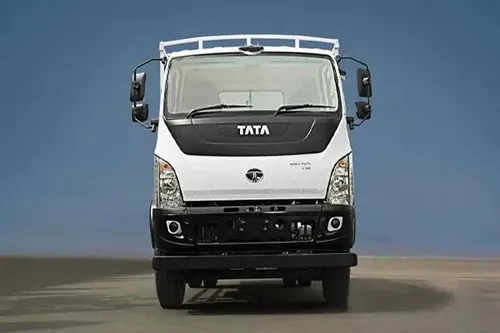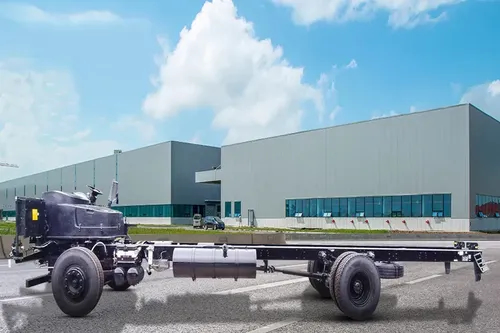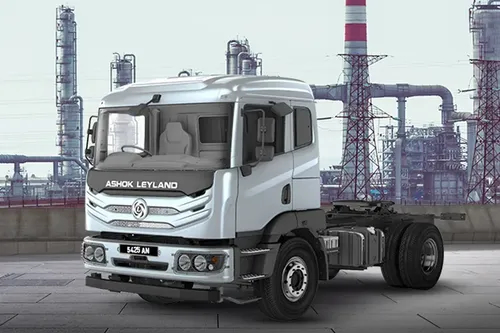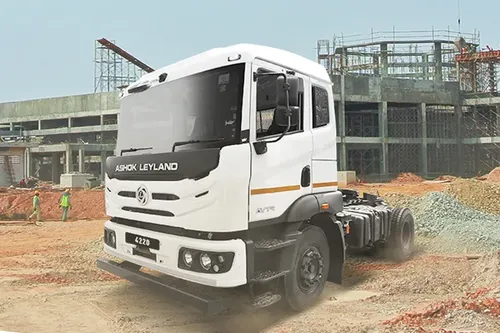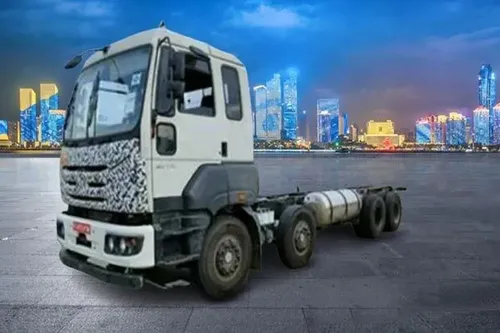Ad
Ad
Electric Vehicles Incentives and Policies in India
You might think that buying an electric vehicle is more expensive than buying one with an internal combustion engine because of the price. The government offers a number of financial benefits to assist you in financing electric vehicles. This article discusses the primary strategies for getting incentives.

In the present era, one of the largest sources of air pollution in India is the transportation sector. The Indian government has implemented several steps at both the national and state levels to limit the impact of greenhouse gas emissions from various vehicles.
You might think that buying an electric vehicle is more expensive than buying one with an internal combustion engine because of the price. Electric vehicles continue to have a lower effective lifetime cost. The government offers a number of financial benefits to assist you in financing electric vehicles. The following are the primary mechanisms for obtaining incentives:
- Purchase Incentives: A direct discount on the cost of the electric vehicle is granted to the customer.
- Coupons: A financial incentive in which the amount is repaid later.
- Interest Subventions: A discount on the interest rate granted while obtaining a loan.
- Road and Income tax exemption: Road tax is waived at the time of purchase and income tax reduction in the amount of taxes owed to the government by an individual.
- Registration fee exemption: The one-time registration fee associated with the purchase of a new car is waived.
- Scrapping incentives are provided when vintage petrol and diesel vehicles are deregistered.
- Additional incentives include interest-free loans, top-up subsidies, and special incentives on electric three-wheelers.
The Indian government has been actively promoting low-carbon-emission alternatives in the automobile industry by establishing a framework and implementing laws that support electric vehicles in India.
The increasing number of electric vehicle launches by automakers, as well as the impending Tesla factory in Karnataka, demonstrate the steady development that the Indian electric vehicle industry is making as these regulations are implemented.
Details of the incentives
The incentive program for two-wheelers, three-wheelers, and four-wheelers is INR 10,000 per kilowatt, depending on the size of the battery in the vehicle. State transportation units are granted an incentive of INR 20,000 per kilowatt for electric buses. This incentive is based on operating expenditures by state transportation entities.
One of the key difficulties confronting the Indian government is reducing greenhouse gas emissions and assisting nature in restoring its absolute purity. The Indian government is taking numerous steps.
Electric vehicles can play a significant role in restoring the eco-friendliness of our surroundings, saving billions of rupees wasted on importing fuel from other nations.
Let us learn more about the programs and plans implemented by the Government of India to promote the usage of electric vehicles in both urban and rural India.
India currently dominates the 2W and 3W markets and is among the top five in both passenger vehicles and commercial trucks (CV). Despite this, the country's EV share is minimal. To improve the market penetration of EVs in India, the government proposed many reforms.
The following is India's government policies and incentives for electric vehicles.
FAME-II
The Indian government launched the FAME India project on April 1, 2015, with the goal of reducing the use of both diesel and petrol vehicles. The FAME India Scheme intends to encourage the use of all types of automobiles.
Technological demand, pilot projects, technology development, and charging infrastructure are the four focus areas of the Fame India Scheme.
The FAME II scheme was launched in April 2019 with a Rs 10,000 crore budget to support e-three-wheelers, e-buses, e-passenger vehicles, and a million e-two-wheelers. The goal was to increase EV adoption in India. The strategy was supposed to end in 2022. However, in the budget for FY2022-23, the Indian government decided to keep the FAME-II program until March 31, 2024.
During the early stages of FAME - II, the demand incentive was $100,000 per KWH, with a cap incentive of 20% of the cost of the electric car.
The FAME 2 India scheme was revised in June 2021, and both incentives were doubled. The demand incentives are raised from $10,000 to $15,000 per KWH, and the cap incentives are raised from 20% to 40%.
Battery Swapping Policy

The policy on battery swapping will enable owners of electric vehicles to quickly swap their exhausted batteries for charged ones at the swapping stations, reducing concerns about range, the price of battery replacement, and other issues.
Finance Minister Nirmala Sithraman proposed a battery-swapping program to strengthen the EV ecosystem while delivering her Budget 2022-23. The government think tank NITI Aayog has now proposed a "battery swapping policy" to allow electric vehicle purchasers the option of not owning the battery. This will reduce the cost of electric vehicles and accelerate their acceptance.
PLI SCHEME
The Production Linked Incentive (PLI) scheme is a program that provides enterprises with rewards based on incremental sales from products created in domestic units.
The initiative invites foreign companies to establish units in India, but it also attempts to encourage domestic companies to establish or expand existing manufacturing units, as well as to create more jobs and reduce the country's dependency on imports from other nations.
Duty Reduction
In the budget, it is proposed to reduce customs duties on nickel concentrates, nickel oxide, and ferronickel from 5% to 0%, 10%, and 2.5%, respectively. The lithium-ion batteries used in electric vehicles contain nickel manganese cobalt (NMC), which is essential (EVs).
These ores are in short supply, and battery manufacturing is heavily reliant on them. Thus, the majority of nickel alloys are imported. Customs duty reductions will help local EV battery manufacturers reduce production costs. It will also help to lower the overall cost of EVs if customs duties on motor parts are reduced from 10% to 7.5%.
Special E-mobility Zone
The government intends to establish electric vehicle mobility zones. In the administration-designated zones, only electric vehicles or comparable vehicles will be permitted to operate. Other European countries, as well as China, have similar policies.
The unspoken advantage of designated electric mobility zones is that they will help to reduce traffic congestion caused by private automobiles. These areas require people to either drive their own EVs or ride in a pooled EVs, increasing the market share of EVs.
Government subsidies aren't the only option to increase the sales of electric vehicles. As previously stated, manufacturers, as well as changing customer behavior, have practical significance. Successful initiatives show how governments might help in resolving these issues. We believe that the government's actions would allow India to continue on its path toward a greener future.
What are the tax exemptions available for electric commercial vehicles?
The 80EEB is a part of the Income Tax Act designed specifically for electric vehicle buyers who use vehicle loans to buy an EV. Individual taxpayers can claim a deduction of up to 1.5 lahks on the interest component of the vehicle loan used to purchase the EV under this clause.
Is it possible to claim Tax on an electric vehicle?
Purchasing an electric vehicle against an auto loan, on the other hand, can help you save on income tax under 80EEB. Also, the GST paid on an electric vehicle is far lower than that levied on an ICE vehicle. Only 5% of the vehicle's cost will be charged as GST at the time of purchase.
Features & Articles
Best Tata Magic Buses in India 2026
Explore Tata Magic price, variants, specs, mileage, EV, ambulance, school model details, features, payload, engine options, safety, dimensions, and key USPs in one comple...
25-Feb-26 06:08 AM
Read Full NewsMahindra Commercial Vehicles in India 2026
Explore the Mahindra commercial vehicles 2026 range, including EV 3-wheelers, trucks, pickups, buses, prices, features, USPs, and a full comparison guide for buyers in In...
24-Feb-26 12:13 PM
Read Full NewsDiesel vs Electric Trucks in India 2026: Detailed Comparison of Cost, TCO, Subsidies, Charging & Best Choice for Fleets
Diesel vs Electric Trucks in India 2026 compares costs, TCO, subsidies, charging infrastructure, range, and fleet profitability. Discover which option suits urban, mid-ha...
21-Feb-26 09:03 AM
Read Full NewsTop 10 Buses in India 2026
Explore the top 10 buses in India 2026 with price, mileage, seating capacity, electric options, and features. Compare school, staff, luxury, and electric buses in one det...
19-Feb-26 12:52 PM
Read Full NewsTop 10 Tata Mini Truck Price List in India 2026
Explore Tata mini trucks in India 2026. Price, specs, EV options, payload, features & top-selling models for smart, cost-effective logistics solutions....
18-Feb-26 12:09 PM
Read Full NewsBest Tata Electric Trucks in India 2026
Explore top Tata electric trucks in India 2026 with price, range, payload, battery details, charging time, and features. Compare Ace EV, Ultra EV, and Prima EV models for...
16-Feb-26 12:48 PM
Read Full NewsAd
Ad

